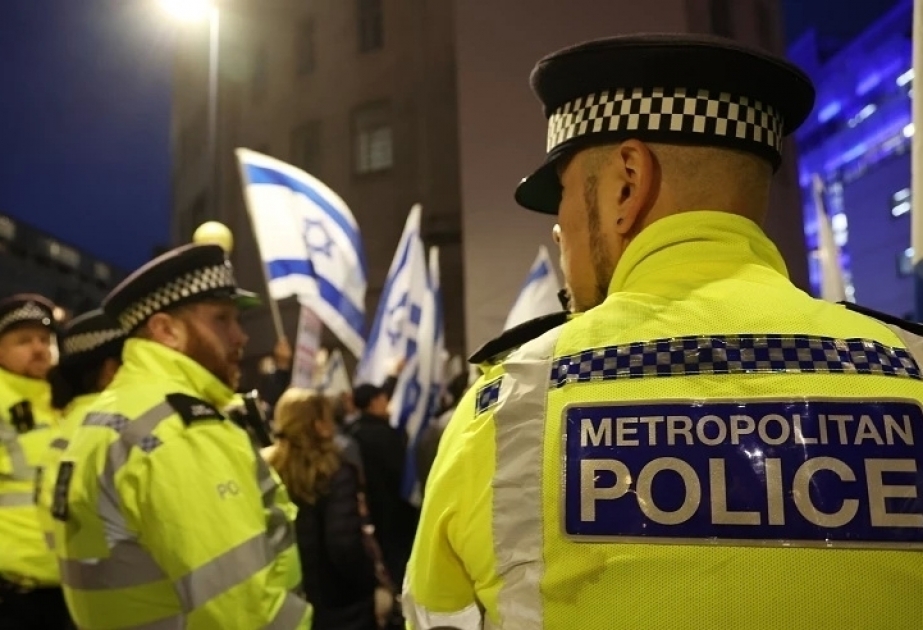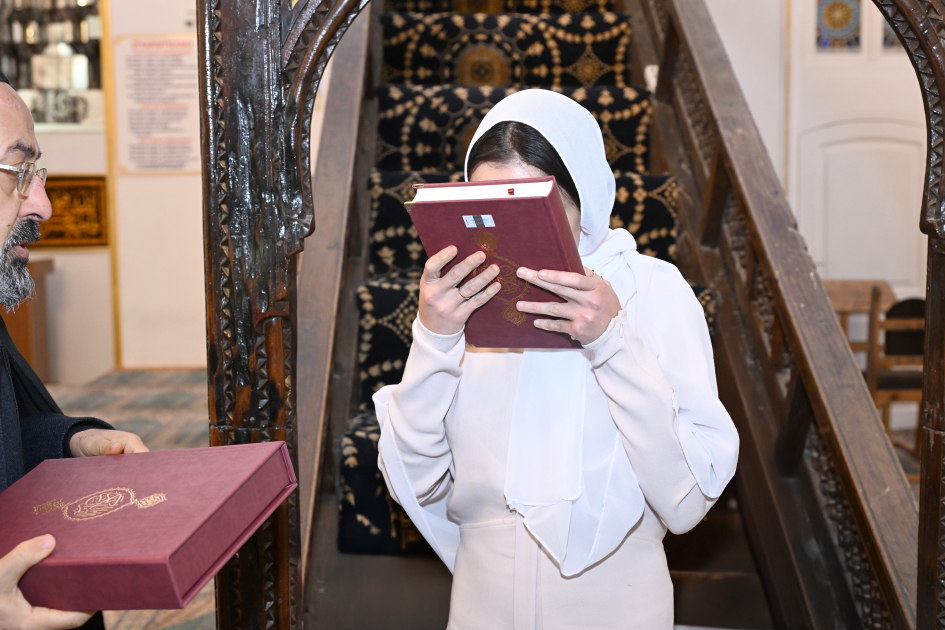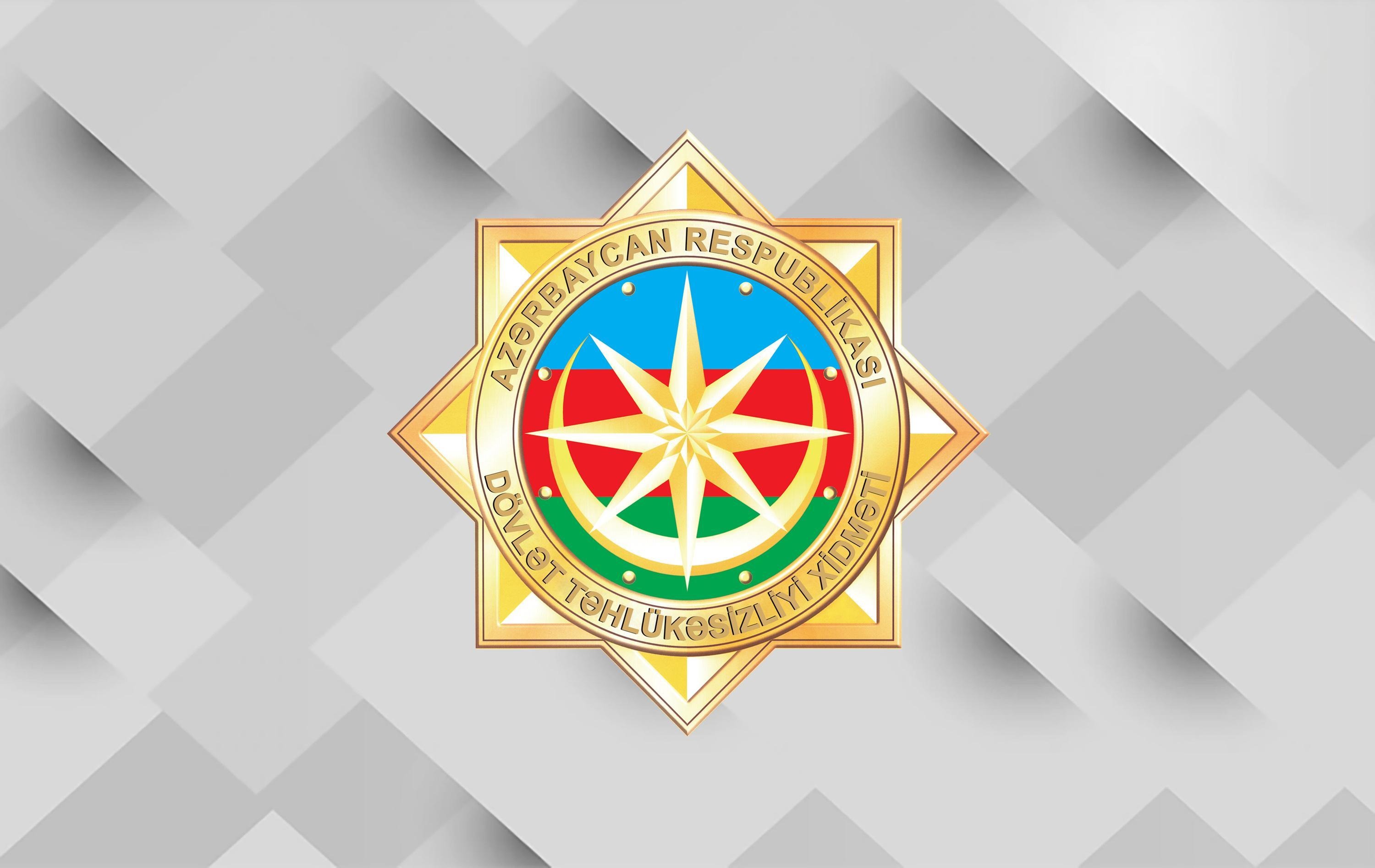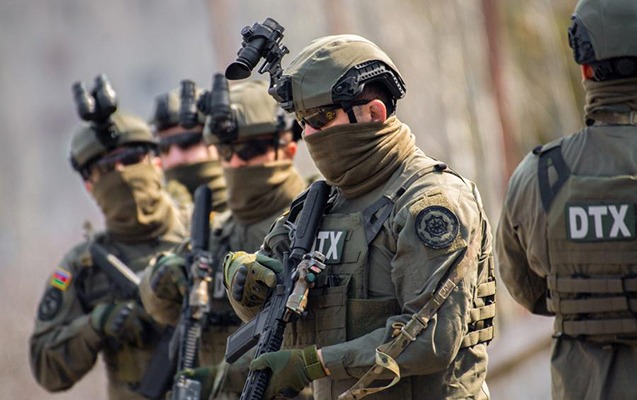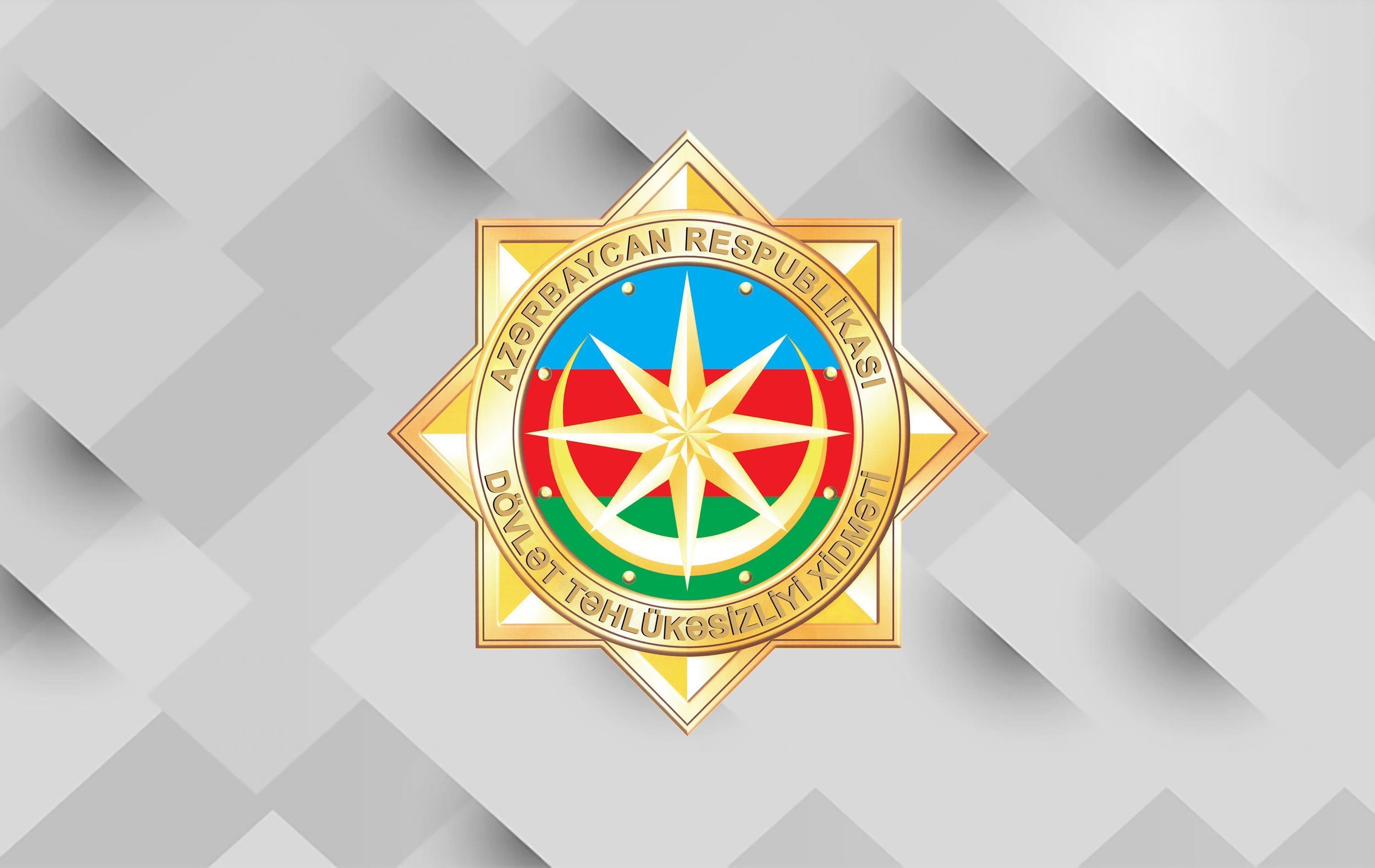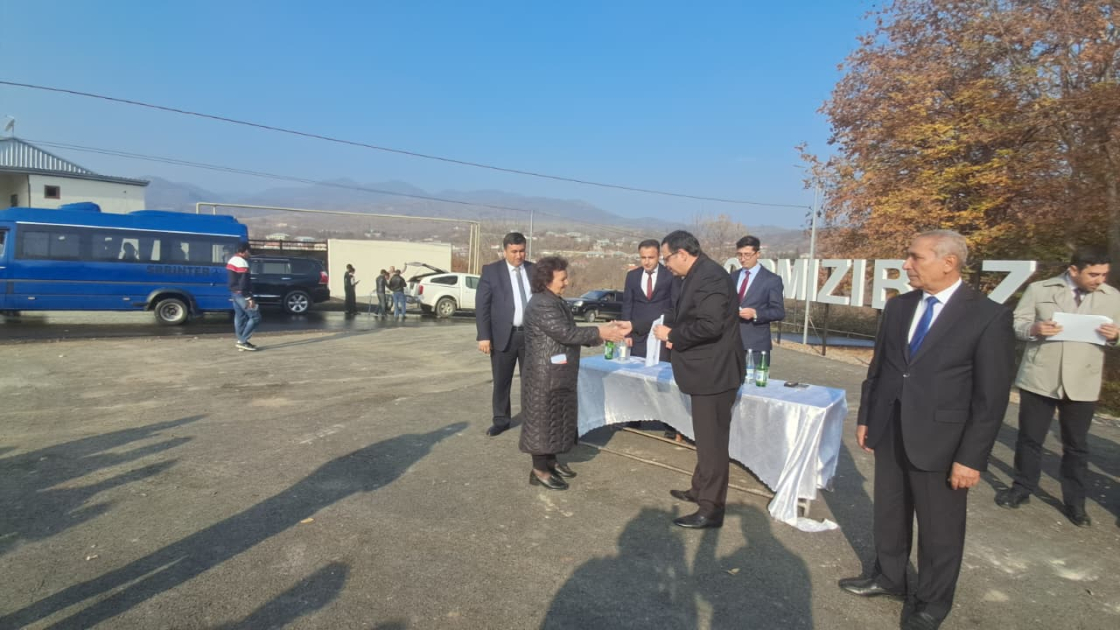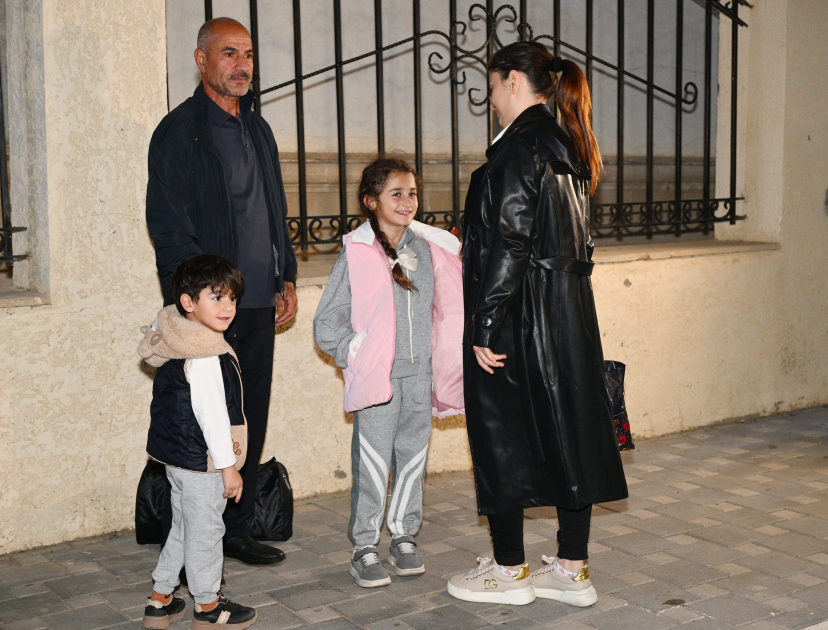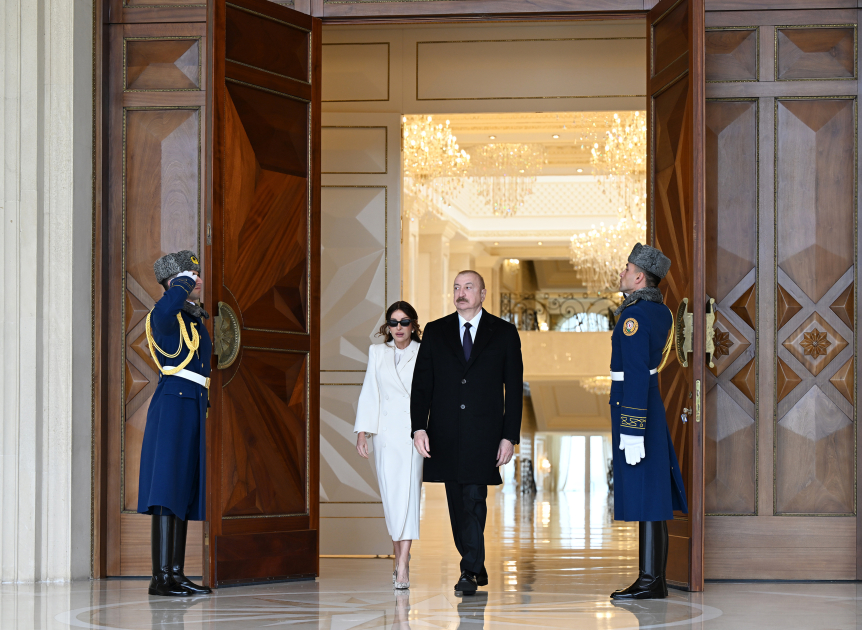Hate crimes in London see big jump, police say
There has been a significant increase in hate crimes in London, predominantly antisemitic incidents, since the Hamas attacks on Israel, BBC reported cıtıng Scotland Yard.
Between 1 and 18 October the Metropolitan Police recorded 218 antisemitic incidents, up from 15 across the same period last year.
The number of Islamophobic incidents has risen to 101, up from 42 last year.
The statistics were released on the eve of a major pro-Palestinian demonstration on Saturday in London.
Ahead of the demonstration, the Met Police announced it had banned protesters from assembling outside of the Israeli embassy and revealed that counter-terrorism officers would be monitoring for anyone supporting Hamas or Hezbollah, both of which are banned under the UK's terror laws.
Speaking on Friday, Deputy Assistant Commissioner Ade Adelekan, the officer in charge of the policing operation, said the number of antisemitic and Islamophobic incidents had gone up 1,353% and 140% respectively.
So far, 21 people have been arrested in relation to suspected offences.
The incidents reported related to abuse in person and online and with both religious and racial motivations.
Officers dedicated to community safety have so far visited 445 schools and 1,930 places of worship.
A 60-year-old man has pleaded guilty to religiously aggravated intentional harassment, after threatening and abusing an Orthodox Jewish man in east London on Tuesday morning.
On Wednesday, Kevin Joseph was fined £200 for the incident at a bakery in the Stamford Hill area - a penalty increased from £120 due to the "seriousness of the antisemitic hate crime" he committed, the Crown Prosecution Service said.
The Metropolitan Police has confirmed the details of other incidents:
A man has been arrested on suspicion of defacing posters of missing Israelis in Camden
Another man arrested over 10 incidents of Islamophobic graffiti on bus stops in New Malden and Raynes Park.
DAC Adelekan said he had used his powers to impose restrictions on the demonstration's planned route and additionally bar protesters from assembling by the Israeli embassy in Kensington, west London.
He said that he reasonably believed that protests this weekend could result in serious disorder or damage if conditions were not imposed in order to minimise that risk.
"So in terms of the procession, we are simply saying kindly stick to the route that we have agreed," he said.
"In terms of the embassy itself... we have provided an area that they can come up to and be in sight of the embassy."
In an unusual move, Scotland Yard publicly confirmed that counter-terrorism officers would be actively involved in this weekend's operation because of concerns that protests could be used by some to publicly support groups that are banned under terrorism laws.
DAC Adelekan said: "It's important to remember that while supporting the Palestinian cause or criticising Israel is not in itself unlawful, any support for proscribed organisations such Hamas or Hezbollah is unlawful.
"Anyone wearing, carrying or otherwise displaying symbols that are supportive of a proscribed organisation can be arrested. The same is true for chanting or slogans."
One of those chants is "Palestine will be free, from the rivers to the sea", a slogan that some use to call for Palestinian control of all land between the Jordan River and the Mediterranean Sea, including Israel.
Last week Home Secretary Suella Braverman wrote to chief constables asking them to consider whether the slogan should be interpreted as "a violent desire to see Israel erased from the world" that broke race hate laws.
"We are well aware of the strength of feeling in relation to it," said DAC Adelekan.
"While we can see scenarios where chanting these words would be unlawful, such as outside a synagogue, or a Jewish school or directly at a Jewish person or through intending to intimidate... it is likely that its use in a wider protest setting, such as we anticipate this weekend, would not be an offence and would not result in arrest.
"This is just one example of difficult decisions facing offices. Policing and particularly policing public order is rarely as straightforward as it may appear to the commentators or public looking on."


